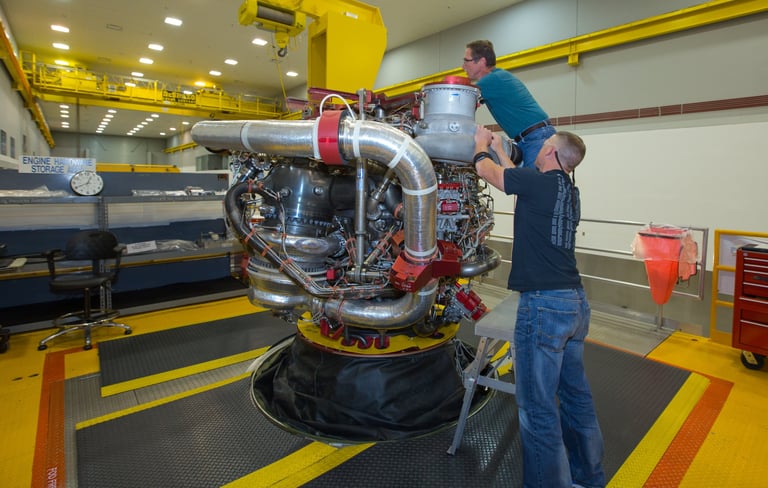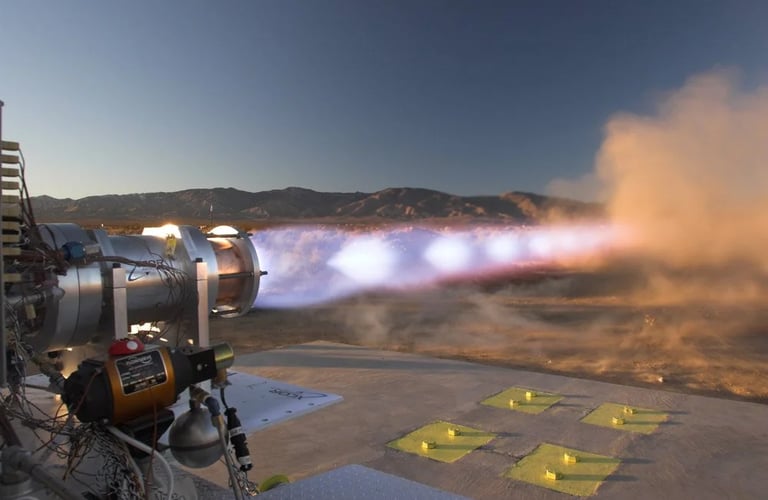Operational Efficiency
Efficiency in Maintenance
The primary cost in operating any engine system is the cost of maintenance. For an engine to undergo a maintenance operation, every component must be stripped apart and meticulously inspected for damage. As an example, the Space Shuttle's RS-25 engine has to be completely stripped apart and retro fitted after every flight. The Shuttle was designed to be a fully reusable space transportation system, and this cost engine refit after every flight made the value of this "reusable" system to significantly diminish. A hybrid motor has a very different construction philosophy than the engine's on the space shuttle. The designers accept that portions of the engine are not reusable because of massive amount of energy being transferred through the engine. A hybrid system is designed to have the entire thermal protection system replaced after every operation. These thermal protection systems are designed to be cheap and replaceable, making them an acceptable loss. The only routine maintenance needed for each flight is swapping out these components. This makes hybrids a good option for a semi-reusable spacecraft, looking for quick and cheap refits in between each flight.


Efficiency in Performance
The measure of a rocket engine's performance is in a term called "Specific Impulse" or "Isp", the higher the Isp the more efficient the engine is. The Space Shuttle's main engine's Isp was 450s, with its solid rocket boosters having an Isp of approximately 240s. A hybrid motor is right in-between these two with an Isp of approximately 250-350. This makes hybrid engines a contender for spaceflight applications that don't require maximum efficiency. However, analytical efficiency is not the only measure of an engine's efficiency, what is not included is the added mass that comes with a hybrid engine. These engine has the components of both a solid and a liquid, so the empty weight is higher than typical, causing hybrids not to be used in mass critical spacecraft. These qualities give hybrids a unique place in the market of space tourism vehicles, where they care less about the mass of the spacecraft. Hybrids continue to become better and lighter as their development continues. If interests in hybrids continues to prosper, new methods and designs will be discovered that bring their performance closer to other engines and make them a better choice for rocket manufacturers.


